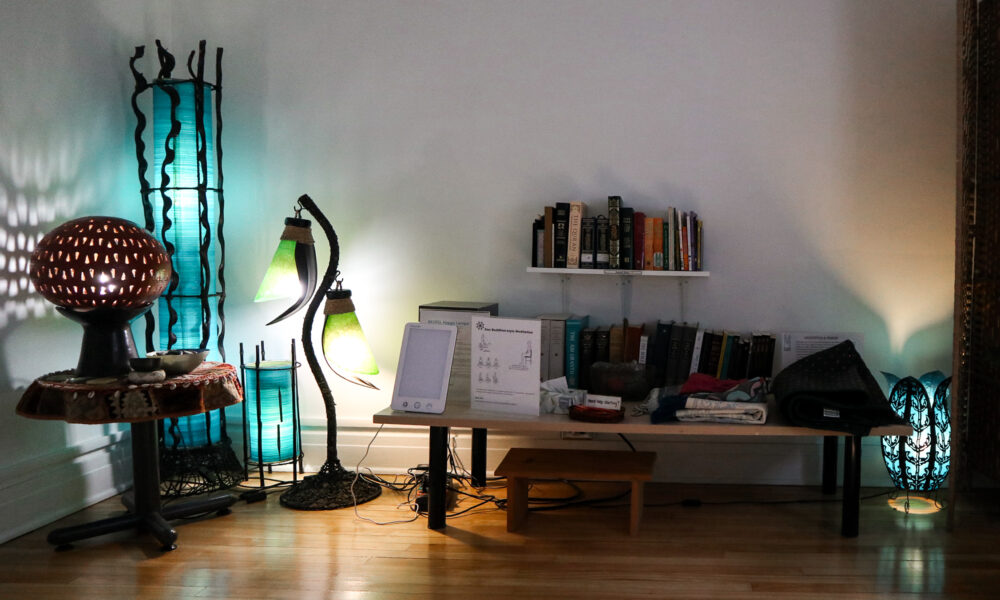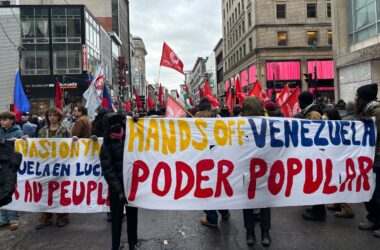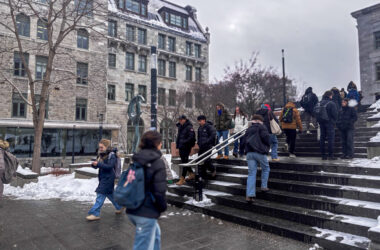The Coalition Avenir Québec announced in late August that it plans to propose a law this fall banning public prayer. Introduced by Quebec’s Secularism Minister, Jean-Francois Roberge, the measure is intended to reinforce the province’s existing secularism laws, including Bill 21, which the government implemented in 2019. The newly proposed regulation would expand on such policies by prohibiting religious practice in public spaces.
At McGill, where the student population represents a wide variety of religious and cultural backgrounds, community members have raised concerns over the law’s potential effects on practicing religious students.
In a written statement to The Tribune, Hamza AlFarrash, president of the Muslim Students’Association of McGill University (MSA), expressed concerns over the proposed law’s impact on Muslims at McGill. Although McGill’s campus is not technically a public space, AlFarrash explained that the bill’s broader message would threaten students’ ability to practice their faith in a safe and welcoming environment, especially for those who belong to minority faith communities.
“[The law] risks creating a climate where Muslim students feel singled out, stigmatized, and pressured to hide their prayers—even in semi-public spaces like libraries, cafeterias, or student lounges,” AlFarrash wrote. “Such laws do not just regulate space; they shape perception. By suggesting that prayer is something inappropriate or unacceptable in public, the ban opens the door to confusion, harassment, and discrimination.”
Quebec has pursued a strict agenda of secularism (laïcité) since the Quiet Revolution of the 1960s, when the province initiated efforts to distance public institutions such as schools and hospitals from the Catholic Church. In 2019, the government passed Bill 21, banning public servants, including teachers, judges, and police officers, from wearing religious symbols at work.
AlFarrash explained that this new bill would severely affect MSA members, who rely on public spaces to carry out their mandatory daily prayers.
“This proposed law would disproportionately impact Muslim students because of the central role that daily prayer plays in our faith,” AlFarrash wrote. “Unlike many other religious groups whose rituals may be weekly or occasional, Muslim students pray five times a day, often during class hours, which requires accessible and reliable prayer spaces on campus.”
AlFarrash noted that McGill already lacks adequate prayer spaces for its population of over 4,000 Muslim students. There is one designated space in the University Centre, which has a 30-person capacity, while another small space under a stairwell accommodates two. Beyond these, most “designated” areas are multipurpose quiet rooms rather than proper prayer spaces, according to AlFarrash.
For other McGill students, the proposed ban points to broader issues regarding inclusivity and equity in Quebec. In an interview with The Tribune, Kaya Scrivens, U1 Arts, expressed concern that Bill 21 unfairly targets certain religious communities.
“When you look at how Bill 21 affects people, […] the people who have public religious symbols that are a core part of their religion are mostly Muslim women,” Scrivens said.
Scrivens added that the Quebec government’s propagation of secularist policies may dissuade prospective students from choosing to attend McGill.
“When deciding what school to go to, [religious freedoms] can be something to consider […] that would affect where you’re going for school and whether or not you’re choosing to come to Quebec,” Scrivens said. “It could be a very big decision that would, for me, make me not want to come.”
The McGill Media Relations Office (MRO) stated they are aware of the proposed law in a written statement to The Tribune.
“McGill has taken note of the tabling of the report by the Comité d’étude sur le respect des principes de la Loi sur la laïcité de l’État et sur les influences religieuses and is reviewing its contents,” the MRO wrote.
It remains unclear what, if any, response the university will adopt should the law pass in the fall.
The Canadian Charter of Rights and Freedoms guarantees freedom of religion and equality for everyone in Canada. Based on the Charter, a ban on public prayer could face constitutional challenges from civil liberties groups, religious organizations, or directly affected individuals. However, Quebec has historically invoked the Charter’s notwithstanding clause—which allows provincial governments to override certain Charter rights for renewable five-year periods—to protect its secularist laws. Quebec could therefore shield the new public prayer ban from legal challenges if its government decides to reinvoke the clause.
McGill student groups like the MSA are currently calling for the university to stand behind the tenets of equity and civil rights.
“We expect McGill’s leadership to ensure that religious freedom is actively protected as a core element of inclusion and student well-being,” AlFarrash wrote. “This isn’t just about Muslims; it’s also about protecting religious freedom and dignity for everyone on campus.”
AlFarrash also emphasized how necessary it is for McGill’s community to speak out against Quebec’s proposed public prayer ban.
“We’re calling on all students and staff, regardless of background, to stand with us in defending the principle that everyone should feel safe to live their identity openly,” AlFarrash wrote. “This is not just a ‘Muslim issue.’ If public prayer can be restricted today, then tomorrow it could be another form of peaceful expression.”









